Think tanks make their mark on Swiss politics
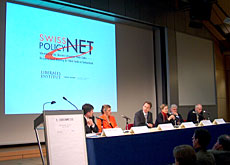
Politicians and business leaders are often accused of being obsessed with short-term gain, and ignoring issues that will be crucial in longer term.
Increasingly, the job of thinking about the future is being assumed by so-called “think tanks”. But are they any better at the job?
That question was the focus of a recent “Ideas Fair”, the first event of its kind, organised by the country’s two think tanks, Avenir Suisse and the Liberal Institute.
Think tanks, or public policy research institutes, have their roots in the Anglo-Saxon world, but have achieved growing importance elsewhere, including Switzerland.
As a general rule, they are liberal in their political and economic outlook – and their forecasts and recommendations carry a corresponding ideological tinge.
In Switzerland, for instance, both Avenir Suisse and the Liberal Institute are committed to the basic philosophy of a free market economy.
They also tend to be private institutions, which toe no particular party political line, but see themselves as independent and interdisciplinary – albeit liberal – “ideas agencies”.
And their representatives are adamant that their sponsors do not influence their work.
“Not lackeys”
“We are not the lackeys of the capital markets, neither are we the spokespeople of big business,” says Stefan Flückiger of Avenir Suisse.
Think tanks require immense quantities of reliable data for their analytical work but, for the most part, they lack the resources to produce or process such data internally.
Instead, they look to independent outside “suppliers”, which in Switzerland are usually the Federal Statistical Office or specialised firms such as the GfS Institute (political forecasts) or BAK Basel Economics (economic forecasts).
Using data from such sources makes it easier for think tanks to demonstrate their credibility and independence.
The aim of the “Ideas Fair”, which brought together start-ups, established companies and research groups, was to encourage an exchange of ideas and networking through workshops, forums and podium discussions.
The event ended with a lively podium discussion around the theme: “Think Tanks – fashion or necessity?”
Participants included Avenir Suisse director Thomas Held and his counterpart from the Liberal Institute, Robert Nef.
Influence
Adalbert Durrer, Head of Group Public Policy at Swiss bank UBS, had no fears that Swiss politics might be unduly influenced by liberal think tanks, saying: “In Switzerland, decisions are taken by the government, the parliament and the people.”
Doris Fiala, president of the Zurich canton branch of the centre-right Radical Party, said most politicians were “generalists”, who needed external sources of information.
Former parliamentarian Barbara Polla was convinced that there are also “left-wing thinkers” and proposed that the old “left-right divide” should be abandoned in favour of joint efforts to solve pressing problems.
In reality, left-wing think tanks remain a rarity, despite the recent formation of a first such group in Switzerland – “Denknetz”, or “ThinkNet”.
But the federal price supervisor Rudolph Strahm pointed out that environmental organisations such as Greenpeace or the WWF are also effectively think tanks, which perform valuable work in this field for left-wing parties.
He added that non-governmental organisations (NGOs) had also assumed an important role in politics. “Amnesty International has set more standards in the field of human rights than the UN human rights commission has ever done.”
Exporting ideas
Compared with Swiss think tanks, their numerous and mutually competing counterparts in the US have far more recognition and influence.
Some panelists said Switzerland, as a successful export nation, should put more effort into exporting political and economic ideas.
Former state secretary Edouard Brunner, president of the Swiss foundation for world affairs (SFWA), says: “The US should get to know the expectations of Europeans”.
The SFWA, a foundation that works with the foreign ministry, is financed largely by the federal government and a number of private firms.
Several other Swiss think tanks are also active in the US, among them the Swiss-US parliamentary union and the American Swiss Foundation.
But practically all participants at the Ideas Fair agreed on one thing at least – think tanks will never be as important in Switzerland as in the US, because the country is simply too small.
swissinfo
The first-ever Swiss “Ideas Fair” provided a chance to “think aloud” about the role of think tanks.
The event concluded with a panel discussion on the growing role of think tanks in Switzerland.
Some panelists said Switzerland, as a successful export nation, should put more effort into exporting political and economic ideas.
The word “think tank” goes back to the Second World War, when Allied officers met in tanks to analyse complex combat situations.
Today, think tanks are public policy research institutes that aim to influence public thinking on key long-term policy issues.
Originally exclusive to the Anglo-Saxon world, the number of think tanks in Europe is growing steadily.

In compliance with the JTI standards
More: SWI swissinfo.ch certified by the Journalism Trust Initiative
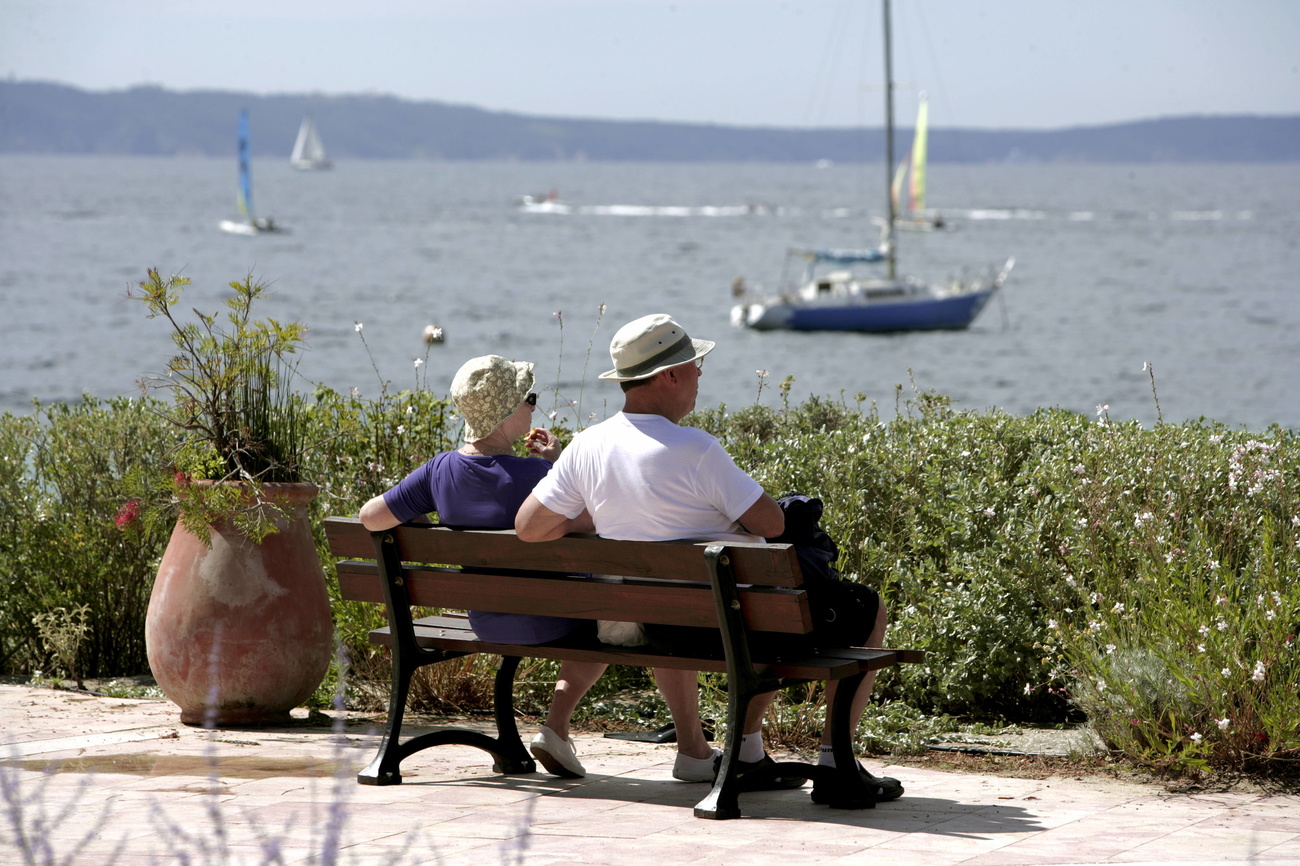
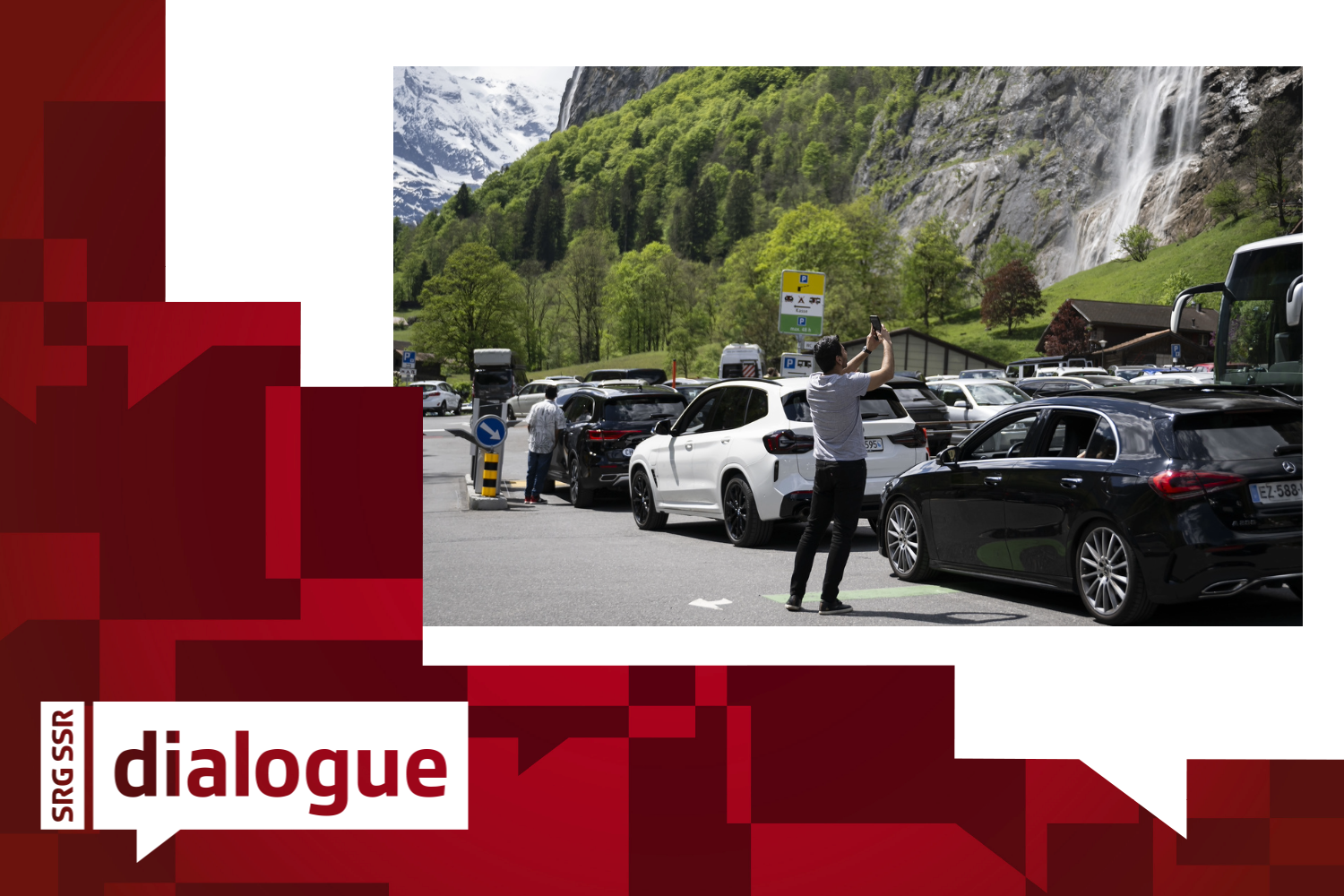
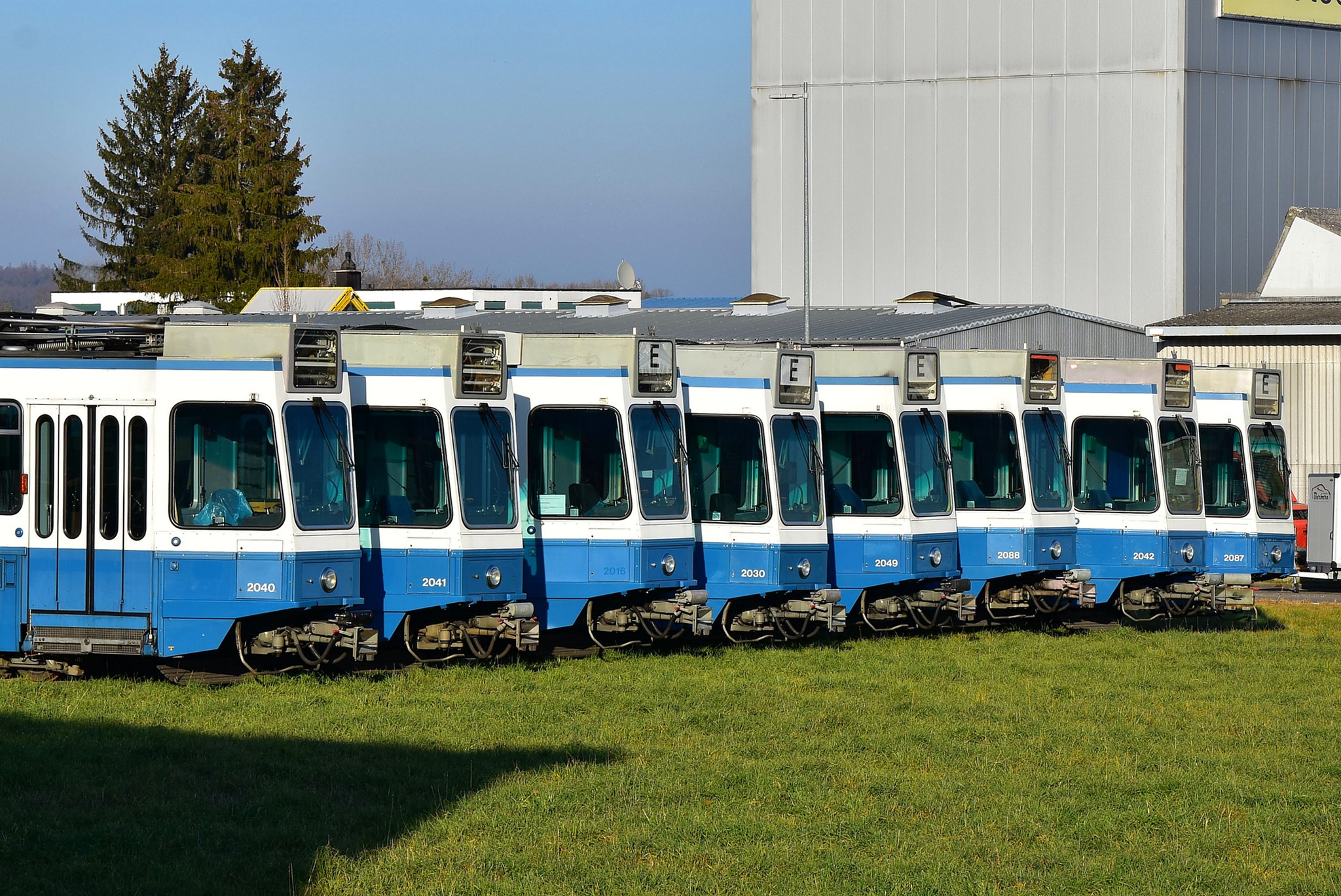



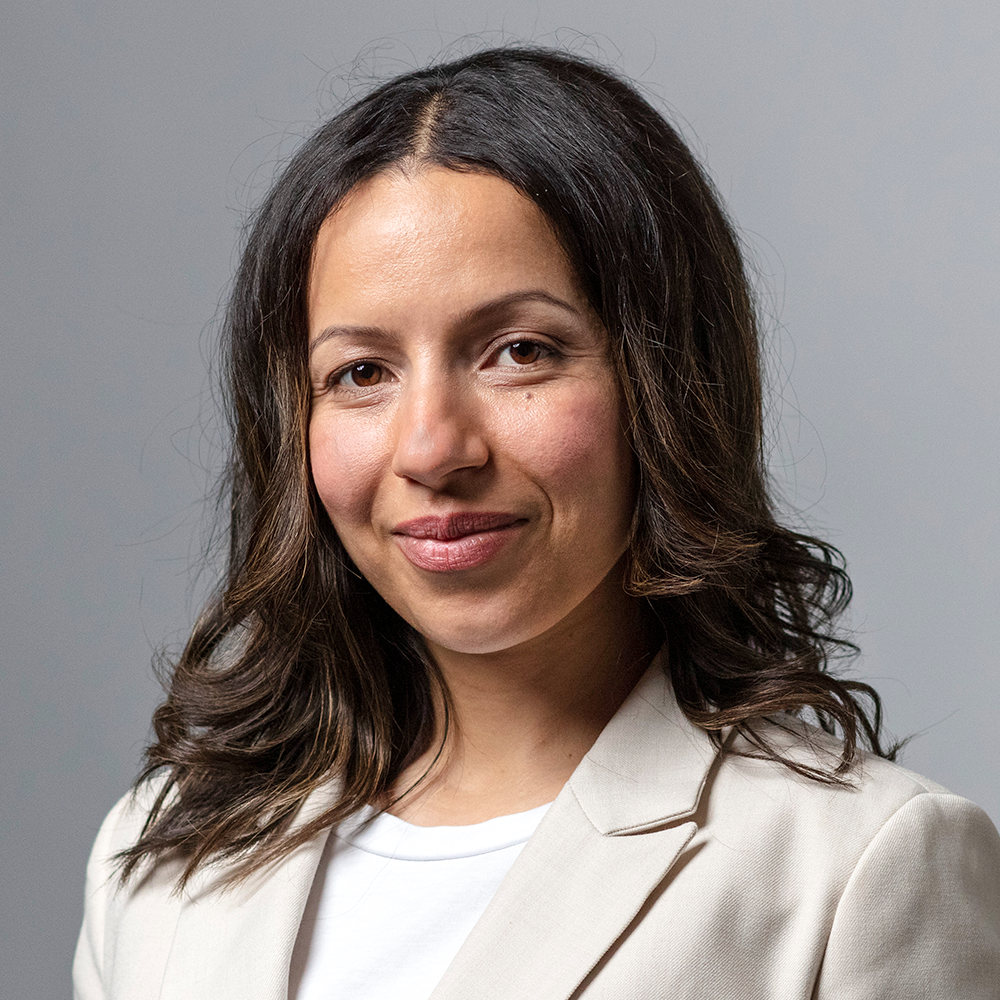
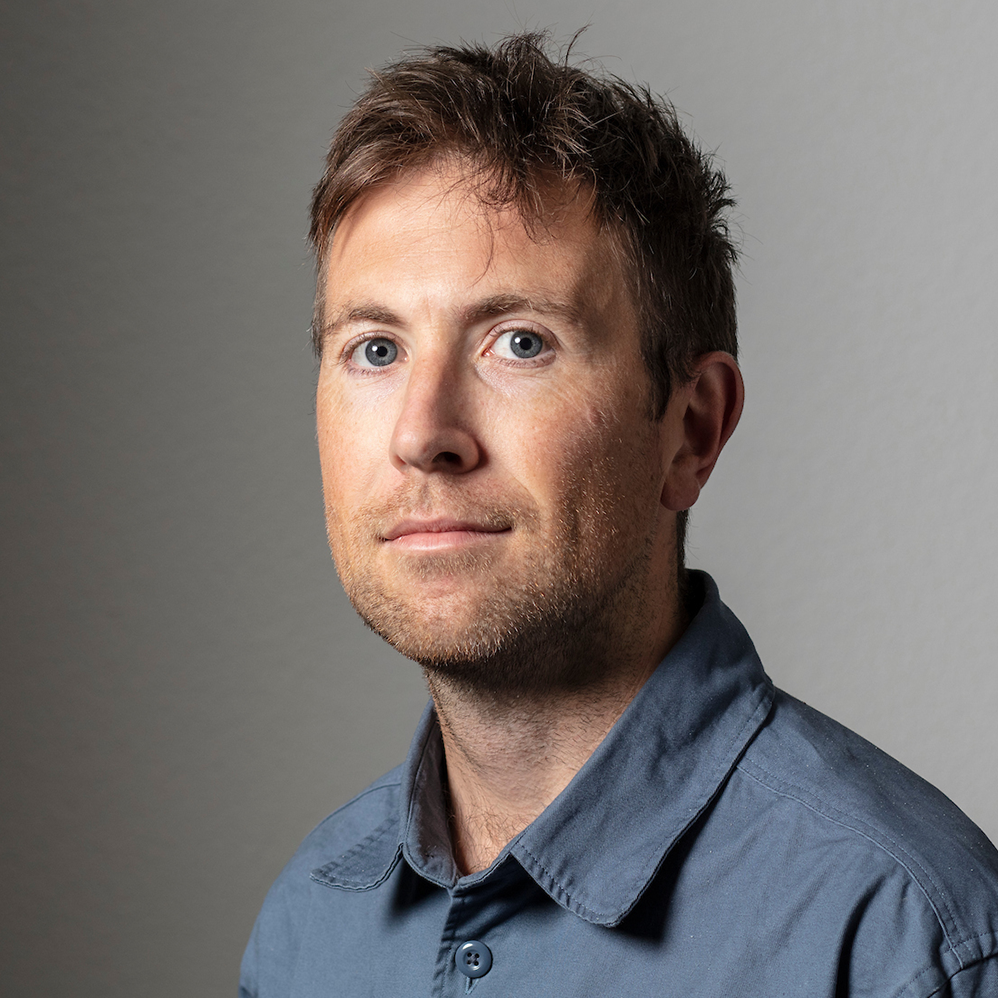
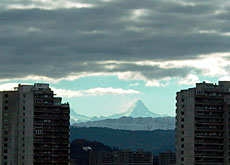

You can find an overview of ongoing debates with our journalists here . Please join us!
If you want to start a conversation about a topic raised in this article or want to report factual errors, email us at english@swissinfo.ch.